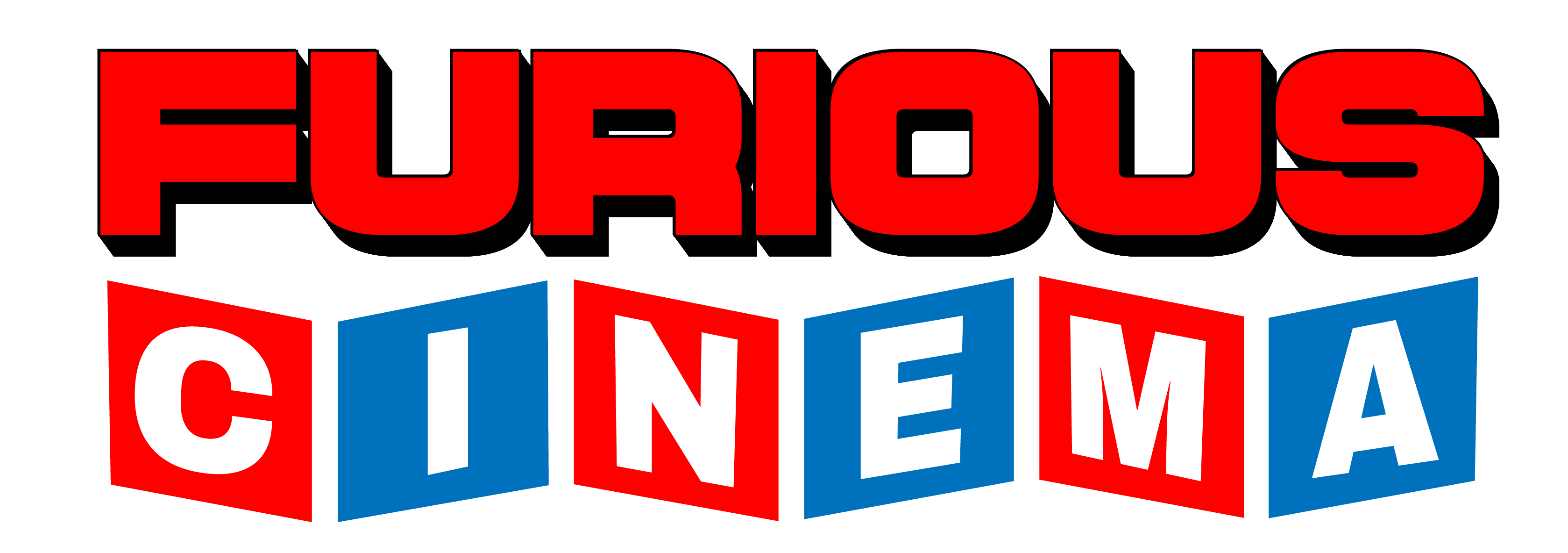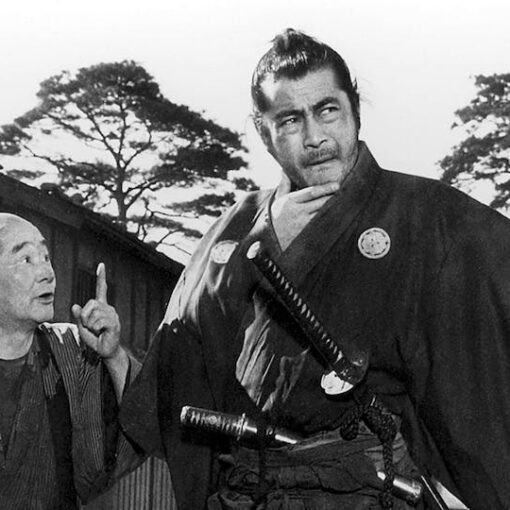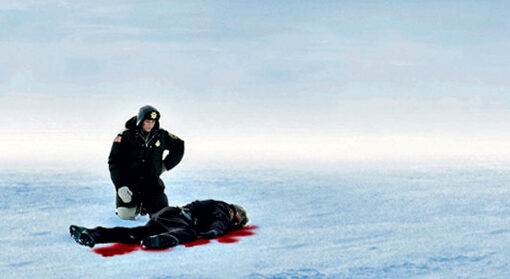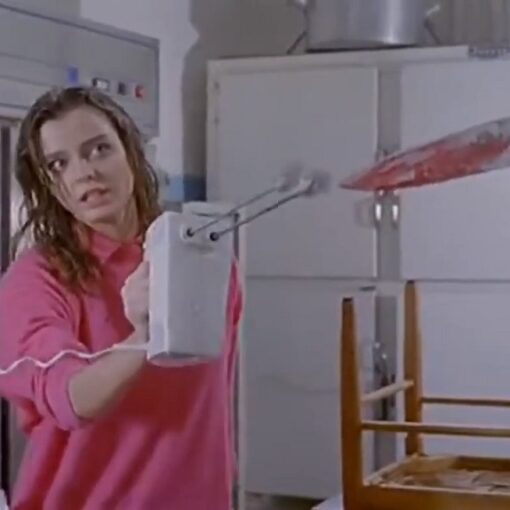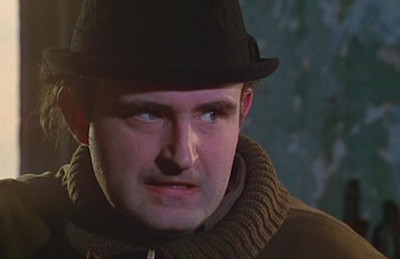It’s been fifteen years since Crash was released and it’s time for a re-evaluation. Derided by many as the film that stole the Best Picture Oscar away from Ang Lee’s groundbreaking Brokeback Mountain, Crash is back in the news: and not in a good way. Regardless of its all-star ensemble, topical narrative and unblushing look at racism, sexism and the “corrupt Los Angeles police department,” Crash’s many merits remain in question.
And the question isn’t being whispered it’s being hollered. Just recently a lengthy Los Angeles Times essay appeared under the banner headline: “Oscars 2019: ‘Green Book’ is the Worst Best Picture Winner Since ‘Crash.’” But is it?
[rl_gallery id=”39032″]
Why, exactly, does Crash continue to be referenced as one of the worst Best Picture winners? Green Book, it can be said, is an old-fashioned film steeped in America’s unfortunate past: audiences didn’t connect with it and, regardless of the praise heaped on it by critics, the film was a box office bomb. Crash on the other hand is a film whose haunting music, innovation, and unconventional photography helped usher in a new era of visual cross referencing that brought to mind modern technology: in particular music videos and YouTube streaming compilations. Green Book looked to the past: Crash examined the present.
Crash tells five distinct intertwined stories: each examines the events that take place over two days in Los Angeles, California. What’s revealed is that no one is who they think they are—or who they say they are.
There’s Detective Waters (Don Cheadle) a man struggling with his mother’s crack addiction and the recent violent death of his younger brother; Farhad (Shaun Toub), a Persian shop owner who is victimized by vandals and takes the law into his own hands; Anthony (Ludacris) and Peter (Larenz Tate), two young African American men who are petty thieves and part time philosophers; Daniel (Michael Pena), an Hispanic locksmith whose trying to provide a better life for his family; Thayer (Terrance Howard), a TV director who’s questioning his willingness to sacrifice his dignity for a paycheck; District Attorney Cabot (Brendan Fraser), a white man playing the white man’s game; Cabot’s wife Jean (Sandra Bullock), a spoiled woman who’s coming to terms with her anger and the growing emptiness that is her life; and two officers of the law: Sergeant Ryan (Matt Dillon), a man who targets blacks and sexually assaults women, and new-to-the-force officer Hansen (Ryan Phillipe), a young man who wants to do right—even if it involves personal sacrifice.
[rl_gallery id=”39029″]
That’s a lot of characters and a lot of stories to keep track of. On paper it’s daunting: on film it’s fully realized. Writer/director Paul Haggis (Million Dollar Baby, Casino Royale) delivers the goods seamlessly: the sound of a closing door in one scene blends into the sound of an opening door in another. These aren’t divergent stories at all: everyone is connected to everyone else, and of course, that’s the truth.
And the topics covered are controversial and capacious: the disadvantage of ethnic names; “Shaniqua Johnson”; immigrant challenges —Mexicans, Chinese, Iraqis, Arabs; white women’s privilege; fear of young African American men; police brutality and profiling; human slave trafficking; substance abuse; romantic obsession; depression; Rap music’s alleged negative influence; and ageing parental infirm.
Crash is not the “worst Best Picture winner since Green Book,” it’s a busy, worthy, effective mélange whose story continues to resonate. Referencing the headlines of the time in which it was made (Rodney King, the 9/11 attacks, corrupt politicians, the Crack epidemic) Crash moves at a brisk pace and leaves the viewer with something to think about. No one in this film is above reproach: not the “good” characters or the “bad.” Neither are we.
